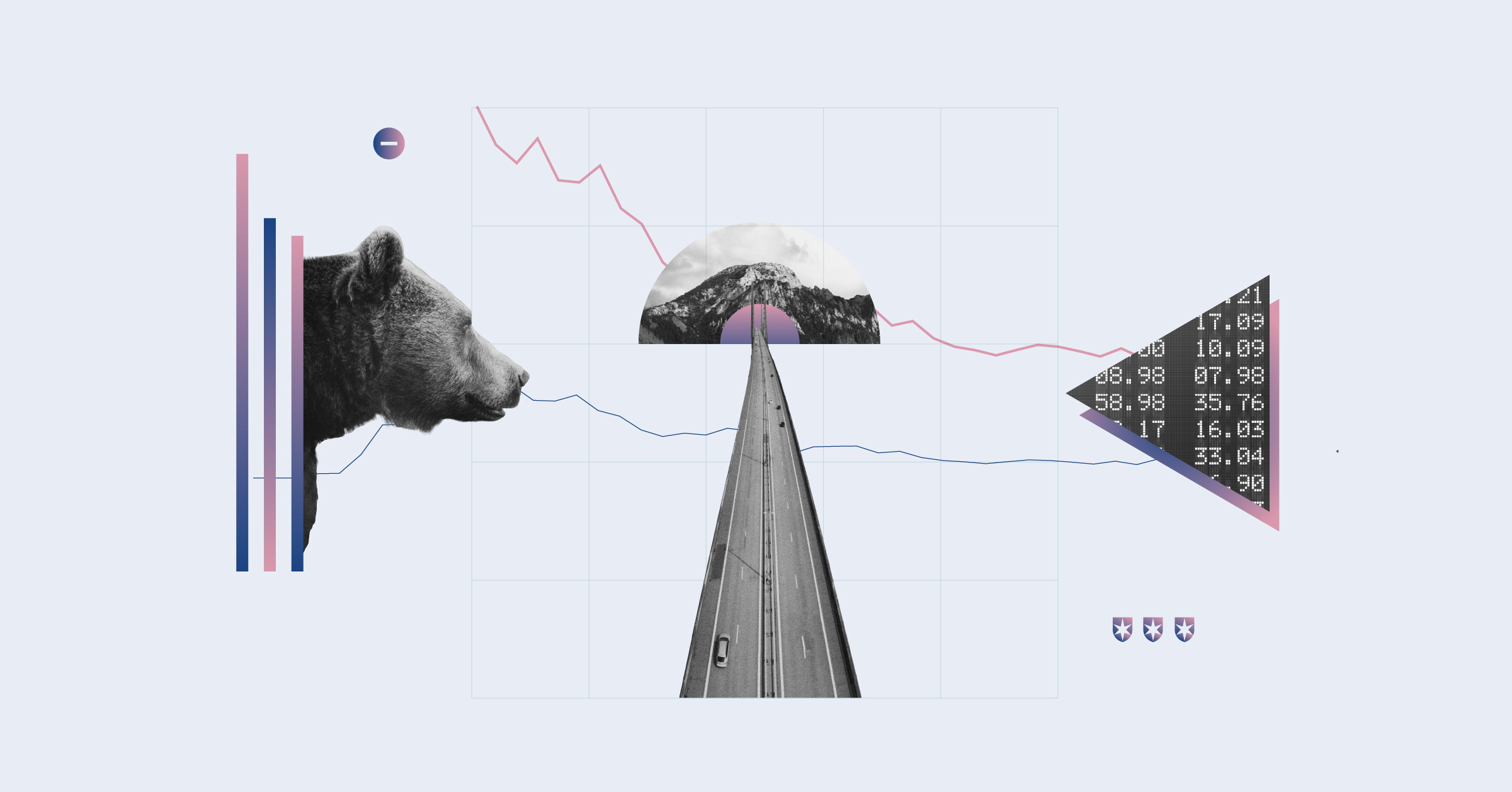Not everyone can abide Brandes Emerging Markets Value's bargain-hunting approach. It requires patience, strong conviction and a knack for differentiating stocks that are temporarily depressed from those that are in secular decline. The managers at this fund have these qualities in spades, though. The fund gains its competitive edge from its diverse, veteran five-person investment committee and its disciplined execution of the firm's thorough and repeatable deep-value approach. As such, the fund earns a Morningstar Analyst Rating of Silver.
Brandes starts by looking for stocks trading well below fair value. Sector analysts bring stocks to the investment committee for vetting after rigorous analysis. Each member of the four-person committee calculates their own, independent fair value calculations for the stocks, which they average to improve the objectivity of the final estimate. The committee requires bigger margins of safety for and limits the position sizes of stocks in which there are wider variations among the committee members' fair value estimates. This helps control risk.
Management sizes positions based on each stock's discount to fair value and the committee's level of confidence in its estimates. Since the financial crisis, Brandes has scored each stock it considers as high, medium or low quality. The managers assign much higher discount rates to and hold smaller positions in lower-quality stocks to reflect their added uncertainty. Overall, the portfolio typically comprises 60 to 80 names, and top holdings rarely grow larger than 7%. They also limit country and industry weightings to the greater of 20% or 150% of the MSCI Emerging Markets Index weighting. There are no minimum allocation requirements, so the committee is free to have no exposure to overvalued regions or sectors.
The managers often find opportunities in situations where economic and political uncertainty has caused investors to overestimate the risks, in their view. For instance, as of June 2017, the fund's 16% stake in Brazil and 10% position in Russia -- both politically and economically stressed countries that have much lower weightings in the MSCI Emerging Markets Index -- reflect the manager's view that despite the significant headwinds, stocks in these countries are undervalued.
Conversely, favouring the cheapest stocks means management treads lightly in heated markets. They further trimmed Chinese stocks that have been on a multiyear run and gained more than 30% in the past year. China's market represented more than 26% of the emerging-markets benchmark by June 2017, but the fund's stake was 8%.
This typical-for-Brandes positioning has at times weighed heavily on relative returns versus the benchmark, but patient investors have reaped the rewards of this deep-value strategy. The fund held up reasonably well during the financial crisis, declining 35% compared with a decline of almost 42% for the MSCI Emerging Markets Index, and bounced back strongly in 2009 with a category-topping 81% return. The years of 2011, 2014 and 2015 were challenging, though. The fund lost 5.9% in 2015 and underperformed the benchmark by 7.9 percentage points as overweightings in Brazil and Turkey and an underweighting in China were a drag on returns. The fund bounced back in 2016, though, once again finishing near the top of the category because of its Brazil and Russia stakes and its light China exposure. For the year to date through Aug. 11, 2017, the fund gained 11.8% and lagged the index by 4.7 percentage points. Once again, the overweightings in Brazil and Russia and underweighting in China impeded results.
Despite the ups and downs, the fund's 5.2% 10-year gain ranks in the top decile of the Emerging Markets Equity category and beats the index by half a percentage point annualized.
Brandes takes a team approach to portfolio management, with all investment decisions funneling through the investment committee. Buy and sell decisions require a majority vote, and the team approach helps mitigate key-person risk and promotes research process continuity. Averaging 15 years of experience at Brandes and 10 on the committee, the managers are steeped in Brandes's investment culture and have been working closely together for years. All but one of the five committee members serve solely on the emerging-markets investment committee.
The firm's combined team of more than 40 analysts and associates splits responsibilities by industry and prepares detailed company reports for the investment committees. Some analysts also serve on Brandes's six equity-focused investment committees, and some committee members share sector coverage responsibilities for the firm.
The commission-based A series levies a 2.72% management-expense ratio. Taking into account trading costs, with its below-median 0.14% trading-expense ratio, the total cost of ownership clocks in at 2.86%. While high in absolute terms, it lands in the second-cheapest quintile of commission-based options in the Emerging Markets Equity category.
The fund's F series, geared toward fee-based advisors, also ranks below the median. Versus rivals in the same distribution channel, the F series' 1.60% MER lands in the middle of the pack, but its cheaper trading costs improve the comparison. The fund's D series, aimed at do-it-yourself investors, is expensive, though. At 1.92%, its MER is one of the highest in the channel.















